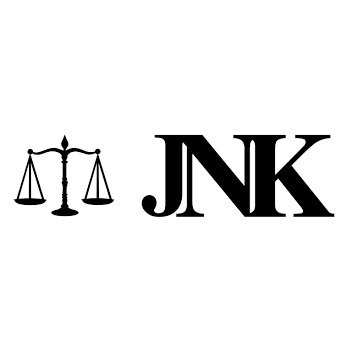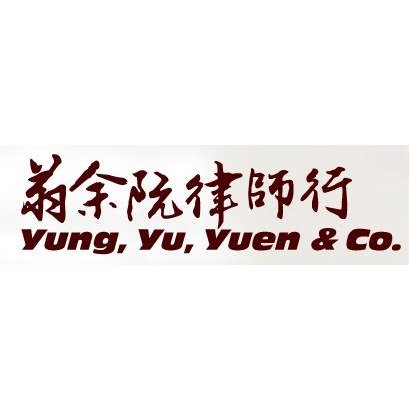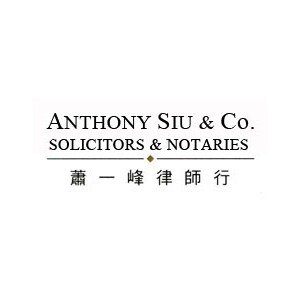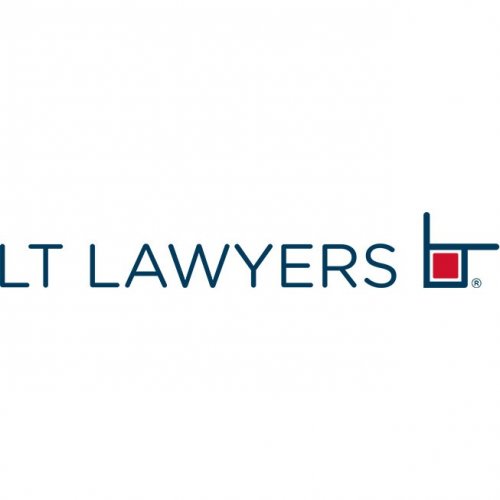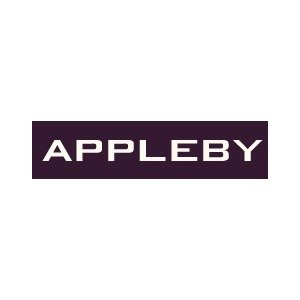Best Acquisition / Leveraged Finance Lawyers in Hong Kong
Share your needs with us, get contacted by law firms.
Free. Takes 2 min.
Or refine your search by selecting a city:
List of the best lawyers in Hong Kong
About Acquisition / Leveraged Finance Law in Hong Kong
Acquisition and leveraged finance law in Hong Kong focuses on the legal structures, risks, and documentation surrounding the use of borrowed funds to acquire companies or assets. In these transactions, buyers often raise debt capital from banks or financial institutions to finance part of the acquisition cost. Leveraged finance typically involves higher levels of debt compared to standard financing, using assets of the target company as collateral. Hong Kong is an attractive hub for such transactions due to its mature legal system, international business environment, and proximity to Mainland China.
Why You May Need a Lawyer
Legal expertise is essential in acquisition and leveraged finance transactions because they often involve complex structures, multiple parties, and significant regulatory considerations. You may need a lawyer if you:
- Plan to acquire a business using significant debt financing
- Represent a lender or financial institution participating in a leveraged transaction
- Are selling a business to a buyer who is utilizing leveraged finance
- Need to negotiate or review loan agreements, security documents, or intercreditor arrangements
- Face disputes related to loan covenants, defaults, or enforcement of security
- Require advice on regulatory approvals or compliance requirements
- Are involved in cross-border transactions requiring knowledge of multiple jurisdictions
Local Laws Overview
Acquisition and leveraged finance transactions in Hong Kong are predominantly governed by Hong Kong contract law, specific ordinances such as the Companies Ordinance (Cap. 622), and the Securities and Futures Ordinance (Cap. 571). Important considerations include:
- Security Interests: Hong Kong law recognizes several types of security, such as charges and mortgages. Perfection and registration of security are crucial steps to ensure enforceability, especially with the Companies Registry.
- Financial Assistance Rules: The Companies Ordinance restricts certain companies from giving financial assistance for the purchase of their own shares, subject to exceptions and procedures like the "whitewash" process.
- Enforcement Regime: Hong Kong courts are known for their efficiency in enforcing security interests, and summary judgment can be available for clear-cut loan disputes.
- Cross-Border Issues: For acquisition deals involving Mainland Chinese assets or parties, legal advice on PRC law and regulations will be necessary as well.
- Loan Market Association (LMA) Standards: LMA documentation is commonly used in Hong Kong, but localized modifications are often made to align with Hong Kong legal requirements.
- Licensing and Regulatory Compliance: Lenders may need to comply with local banking, money-lending, and securities licensing rules.
Frequently Asked Questions
What is leveraged finance?
Leveraged finance refers to the use of borrowed funds, often in significant amounts, to acquire companies, assets, or finance investments. In leveraged buyouts, a buyer uses debt that is secured by the target company's assets or cash flow.
What documents are typically involved in an acquisition finance transaction?
Key documents include loan agreements, security documents (charges, mortgages), intercreditor agreements, shareholder agreements, and sometimes equity documents like share purchase agreements. Proper due diligence and drafting are crucial.
Can any Hong Kong company provide financial assistance to help another party buy its shares?
No. The Companies Ordinance restricts several types of companies, such as public companies, from providing financial assistance for the acquisition of their own shares unless specific procedures, like the whitewash process, are followed.
Is registration of security interests mandatory in Hong Kong?
Yes, security interests over certain assets of a Hong Kong-incorporated company must be registered with the Companies Registry within a specified timeframe to be enforceable against liquidators and other creditors.
What happens if a company defaults on its acquisition finance loan?
In the event of default, lenders can enforce their security interests, potentially seizing and selling secured assets, or taking control of the business. The process is subject to Hong Kong law and the terms of the finance documents.
Are there any foreign exchange controls relevant to acquisition or leveraged finance?
Hong Kong does not impose foreign exchange controls. However, cross-border deals involving Mainland China or other jurisdictions may face exchange control regulations outside of Hong Kong.
Do acquisition finance deals require regulatory approvals?
Some deals may require approval from the Hong Kong Securities and Futures Commission, the Monetary Authority, or competition regulators, especially where regulated industries or significant market concentration is involved.
How does due diligence work in leveraged finance transactions?
Due diligence involves a thorough review of the target company’s financials, legal status, existing debt or liabilities, and risks. Lawyers and financial professionals coordinate to identify issues that may affect the loan or acquisition structure.
Can foreign lenders participate in leveraged finance deals in Hong Kong?
Yes, foreign lenders often participate in these transactions. They need to consider licensing, tax implications, and compliance with local and international regulations.
What is the role of intercreditor agreements?
Intercreditor agreements outline the rights and priorities among different lenders, such as senior and mezzanine financiers. They are key to managing risk and ensuring clarity in the event of a default.
Additional Resources
Several organizations and regulators provide support and information relevant to acquisition and leveraged finance in Hong Kong, including:
- Companies Registry - for registration of security interests and company information
- Hong Kong Monetary Authority - for banking and financial regulation guidance
- Securities and Futures Commission - for regulatory approvals and compliance in securities markets
- The Hong Kong Association of Banks - for banking standards and industry practices
- Loan Market Association - for standard finance documentation and guidance
Next Steps
If you are considering an acquisition or leveraged finance transaction in Hong Kong, or face legal challenges related to one, consider these steps:
- Assess your objectives and financing needs
- Consult with a law firm or attorney specializing in acquisition and leveraged finance
- Conduct preliminary due diligence and identify regulatory requirements
- Gather documentation for review, including company records, existing finances, and potential security assets
- Work with your lawyer to negotiate and draft the necessary documentation
- Ensure all legal filings and regulatory approvals are timely completed
- Monitor ongoing compliance and be prepared to address any disputes or enforcement issues
Engaging a qualified lawyer early in the process can help you navigate the complexities, manage risks, and protect your interests in acquisition and leveraged finance transactions in Hong Kong.
Lawzana helps you find the best lawyers and law firms in Hong Kong through a curated and pre-screened list of qualified legal professionals. Our platform offers rankings and detailed profiles of attorneys and law firms, allowing you to compare based on practice areas, including Acquisition / Leveraged Finance, experience, and client feedback.
Each profile includes a description of the firm's areas of practice, client reviews, team members and partners, year of establishment, spoken languages, office locations, contact information, social media presence, and any published articles or resources. Most firms on our platform speak English and are experienced in both local and international legal matters.
Get a quote from top-rated law firms in Hong Kong — quickly, securely, and without unnecessary hassle.
Disclaimer:
The information provided on this page is for general informational purposes only and does not constitute legal advice. While we strive to ensure the accuracy and relevance of the content, legal information may change over time, and interpretations of the law can vary. You should always consult with a qualified legal professional for advice specific to your situation.
We disclaim all liability for actions taken or not taken based on the content of this page. If you believe any information is incorrect or outdated, please contact us, and we will review and update it where appropriate.
Browse acquisition / leveraged finance law firms by city in Hong Kong
Refine your search by selecting a city.





